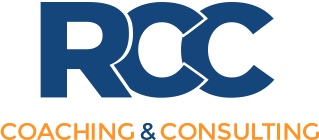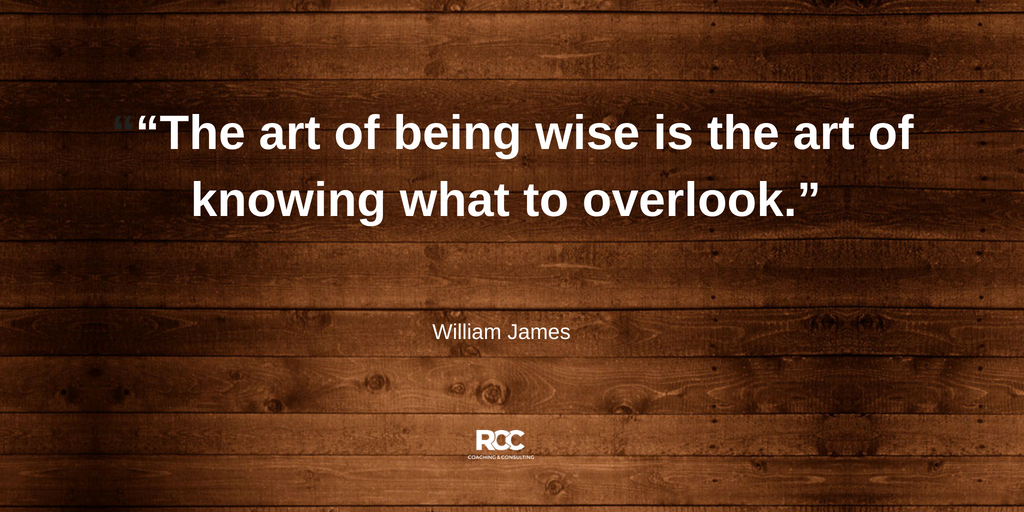In March I attended an all-day Saturday workshop. Saturdays are rarely work focused for me but I was curiously optimistic that the speakers would offer something valuable on the topic of marketing. I got more than I expected.
Neen James, a vibrant speaker and author, spoke on Attention Pays. She used a phrase I thought was brilliant: Return on Attention (ROA). The big idea is when you pay attention, attention pays. As Neen shared, I was challenged by the awareness that this concept reaches beyond marketing to all aspects of my life.
Intentional Attention
Managing your attention is far more essential than managing time or tasks. There is always someone or something that seeks to control your attention. Technology seeks your attention 24/7 with email, notifications, social media, etc. The very things designed to make your life and work more productive make it less efficient because interruption dilutes attention.
We have moved beyond the information age into the over-information age. Information consumes our attention and too much creates an attention deficit. Nobel Prize winner Herbert A. Simon says this so well.
“A wealth of information creates a poverty of attention.” Simon
Attention is About Connection
To People – Who influences you? Whose life, words, work do you give time and attention to? You are defined by who you pay attention to and the result can be positive or negative.
To Work– Effectiveness and productivity are directly related to what we give our attention to. Meaningful, important work requires your attention, therefore, other things need to be ignored or set aside for a time.
To Our World – Caring originates from attention paid to the world around us. Attention focuses on the needs of others and indicates our generosity towards others. Lack of attention reveals a miserly spirit.
Manage Attention by Eliminating Distractions
Dan Rockwell shares several excellent ways to manage your attention for work.
- Meaningful work requires undistracted attention.
- Schedule shallow work between 1:00 p.m. and 3:00 p.m. These are the most distracted hours of the day for most.
- Eliminate distracting thoughts by writing them down. You think, “Oh, I need to stop by accounting today.” Write it down. Help your brain focus by writing down distractions.
- Eliminate external distractions. I’m working in a poorly lit room. It’s dark outside. I’m ignoring email. No one is around. It’s quiet. In this context, time slows. In a couple hours, I’ll come back to reality with an article to post.
- Close your office door.
- Turn off notifications.
- Open ONE browser window.
I am grateful I gave up a Saturday to be provoked about my Return on Attention.
Coaching Moment:
In what ways can you be a leader who gives attention to people and purpose in order to deliver exceptional performance?
In what ways would attention add value to people and purpose in your organization?


